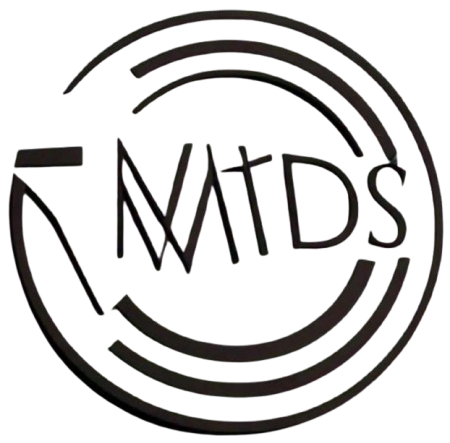
What is Digital Marketing?
Digital marketing refers to the use of digital channels, platforms, and technologies to promote and advertise products, services, or brands to consumers. Unlike traditional marketing, digital marketing leverages the internet and other forms of digital communication to reach a wider, more targeted audience. It encompasses a wide variety of activities, from social media campaigns to search engine optimization (SEO), and focuses on creating engaging, measurable, and personalized marketing strategies.
Key Digital Marketing Services:
1. Search Engine Optimization (SEO)
- SEO is the process of optimizing a website to rank higher in search engine results pages (SERPs) for targeted keywords. It involves on-page optimization (e.g., meta tags, content), off-page optimization (e.g., backlinks), and technical SEO (e.g., website speed, mobile optimization).
2. Content Marketing
- This involves creating and distributing valuable content (blogs, articles, videos, infographics, etc.) to attract and engage a target audience. The goal is to provide useful information that nurtures customer relationships and drives traffic to the website.
3. Social Media Marketing (SMM)
- This service focuses on creating and sharing content on social media platforms (such as Facebook, Instagram, Twitter, LinkedIn) to achieve marketing goals. It involves organic strategies (posting content, engaging followers) and paid strategies (social media ads).
4. Pay-Per-Click Advertising (PPC)
- PPC is a form of paid advertising where advertisers pay a fee each time their ad is clicked. This includes platforms like Google Ads, Bing Ads, and social media ads. It’s an effective way to generate immediate traffic and leads for your business.
5. Email Marketing
- Email marketing involves sending targeted emails to a list of potential or existing customers to promote products, services, or content. It helps nurture leads, convert them into customers, and build loyalty with existing customers.
6. Affiliate Marketing
- Affiliate marketing is a performance-based strategy where businesses reward affiliates (partners) for driving traffic or sales through their marketing efforts. Affiliates typically promote a company’s products on their website, social media, or other platforms.
7. Influencer Marketing
- This strategy involves partnering with influencers—individuals with a significant following on social media or blogs—to promote your product or service. It’s often used in the lifestyle, fashion, beauty, and fitness industries.
8. Online Reputation Management (ORM)
- ORM is the practice of monitoring and improving how a business is perceived online. This includes addressing negative reviews, encouraging positive feedback, and managing social media presence to maintain a favorable brand image.
9. Web Design and Development
- A key part of digital marketing is having a well-designed, user-friendly, and responsive website. This service includes creating websites that are optimized for both search engines and user experience.
10. Conversion Rate Optimization (CRO)
- CRO involves improving the user experience on your website to increase the percentage of visitors who take a desired action (like making a purchase, signing up for a newsletter, etc.). This includes A/B testing, improving landing pages, and optimizing forms.
11. Video Marketing
- Using video content to promote products, services, or brand awareness. This can include YouTube videos, live streams, promotional videos, and short-form videos on platforms like TikTok or Instagram.
12. Mobile Marketing
- This service targets consumers through mobile devices like smartphones and tablets. It includes SMS marketing, mobile app advertising, and optimizing websites for mobile use.
13. Display Advertising
- Display advertising involves using visually engaging ads (banners, videos, etc.) placed on websites, apps, or social media platforms. These ads can be in the form of static images, videos, or interactive ads designed to attract attention.
14. Marketing Automation
- Marketing automation involves using software tools to automate repetitive marketing tasks such as sending emails, social media posts, and managing customer data. This helps businesses save time and personalize customer communications at scale.
15. Data Analytics and Reporting
- Data analytics is the practice of collecting and analyzing data from digital marketing campaigns to measure performance. It helps marketers understand what’s working, what needs improvement, and how to optimize future campaigns.
16. Voice Search Optimization
- With the rise of virtual assistants like Siri, Alexa, and Google Assistant, optimizing your content for voice search is increasingly important. It involves creating conversational content and using long-tail keywords.
17. Local SEO
- Local SEO focuses on optimizing a business’s online presence to appear in local search results. This is especially important for businesses with physical locations or those targeting a local market.
